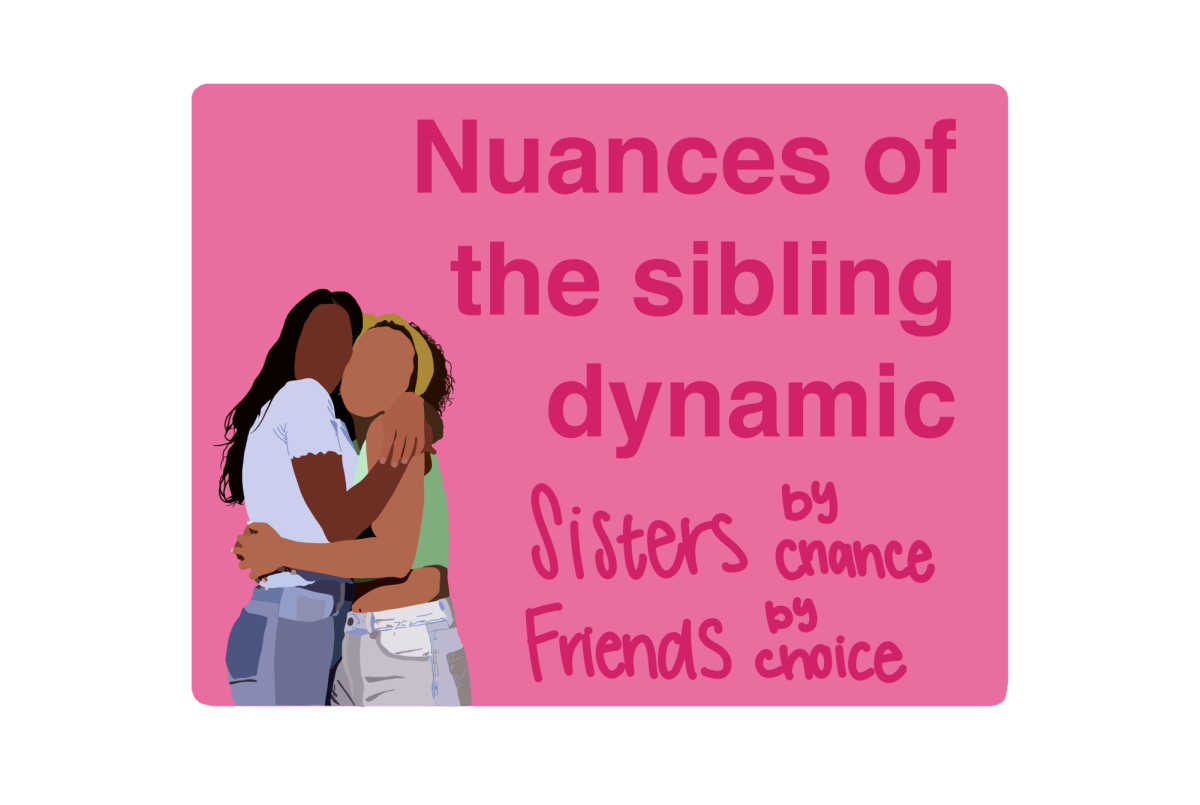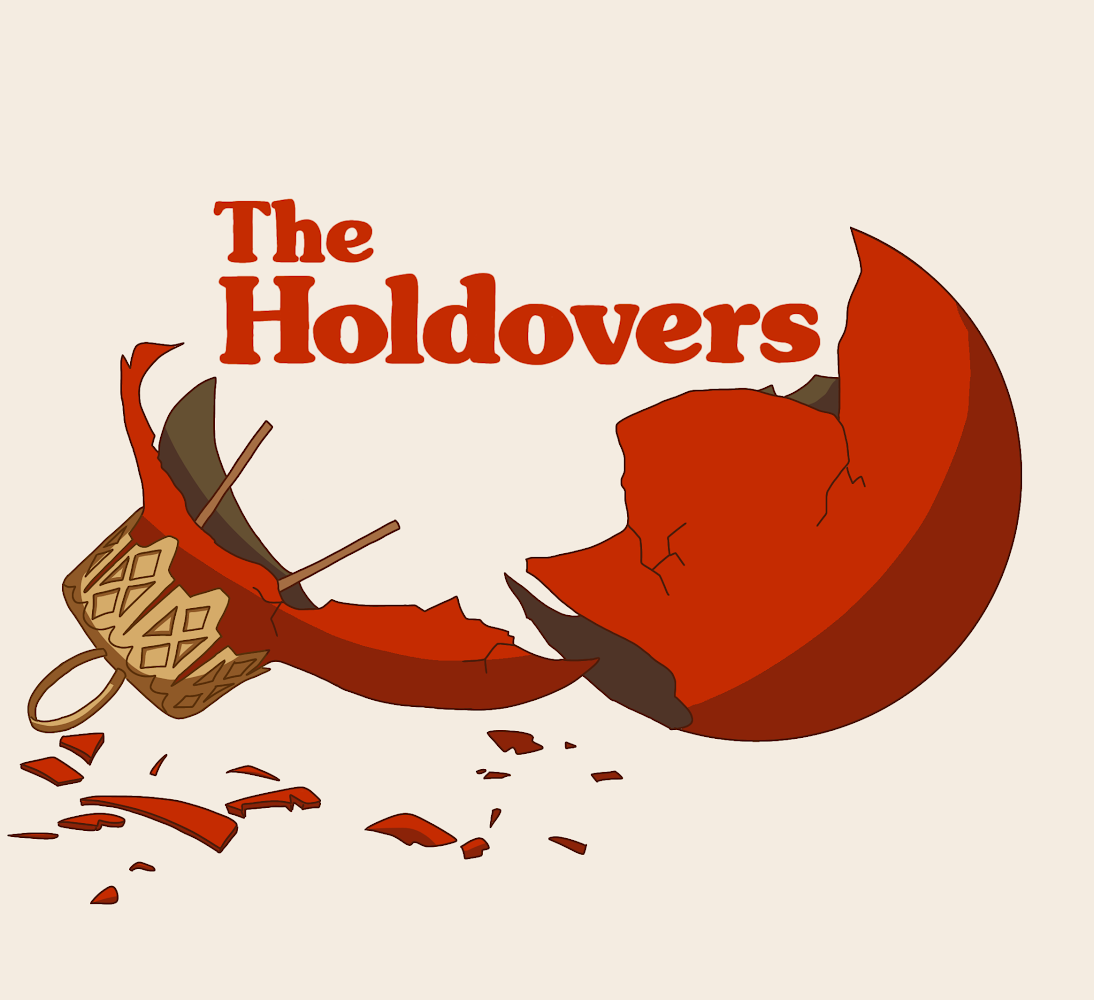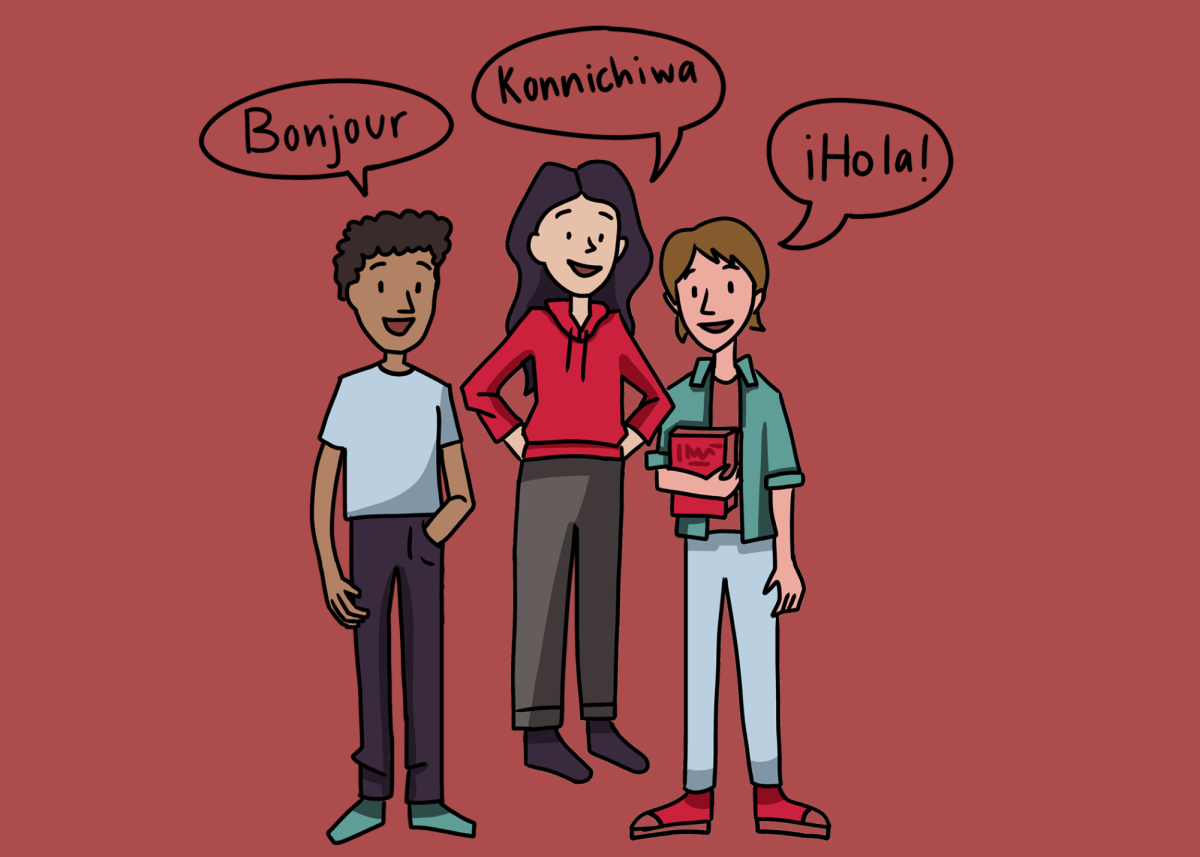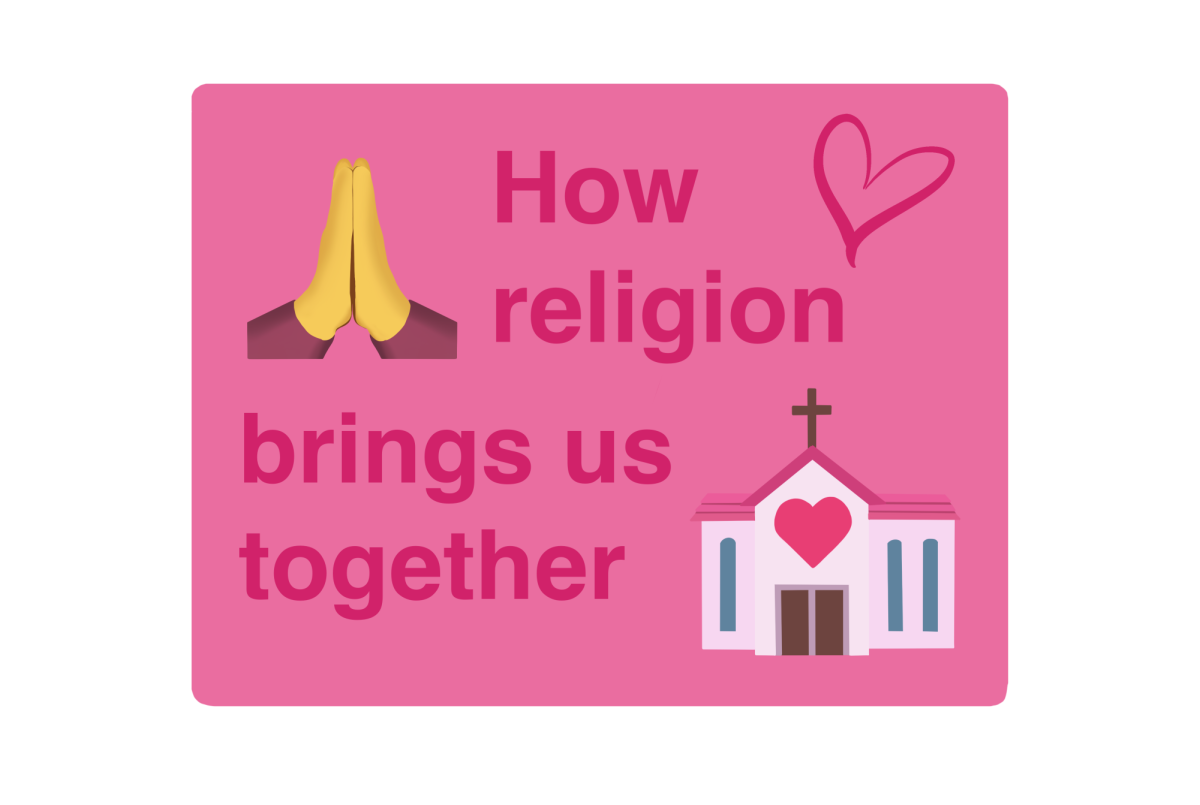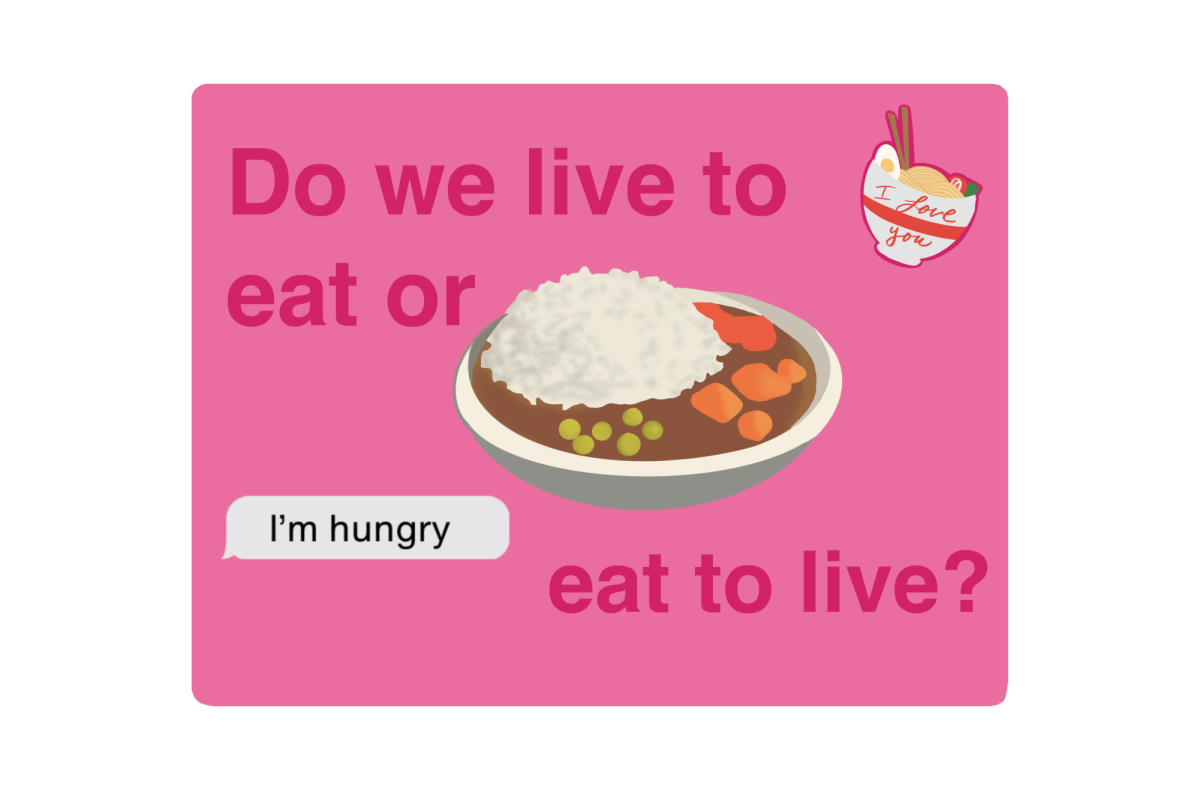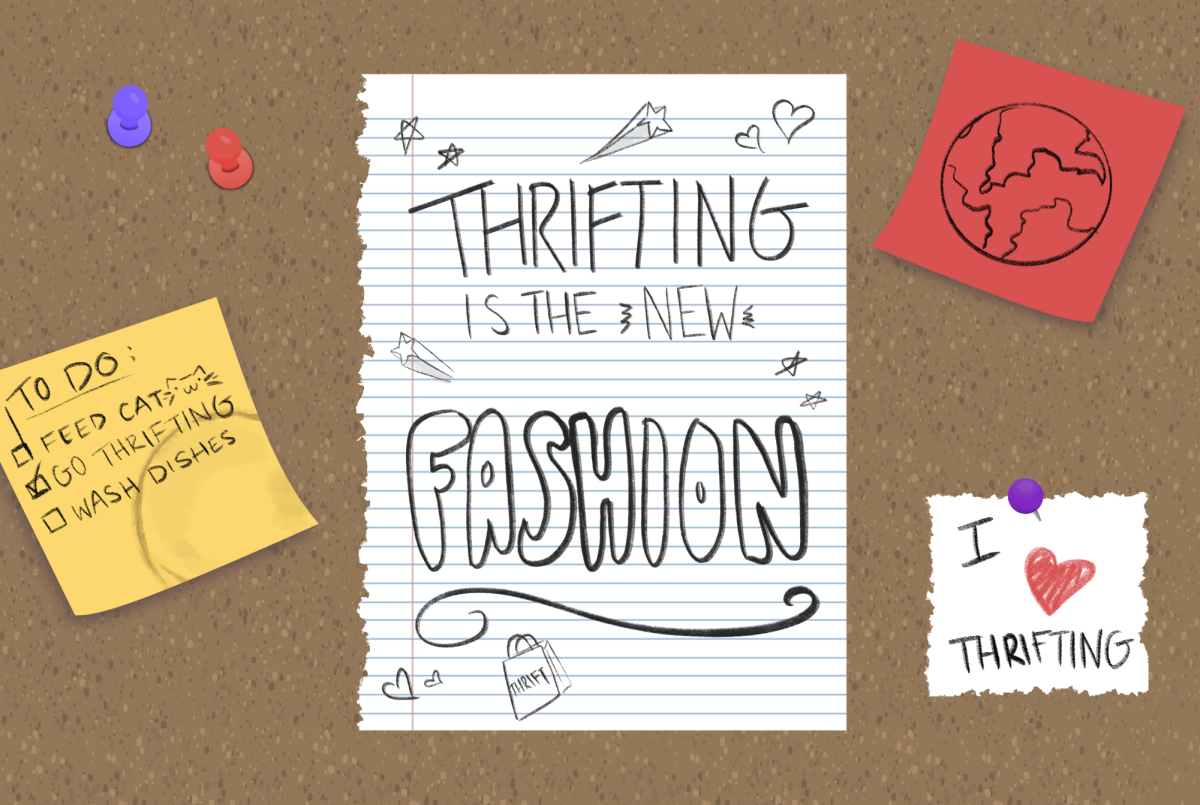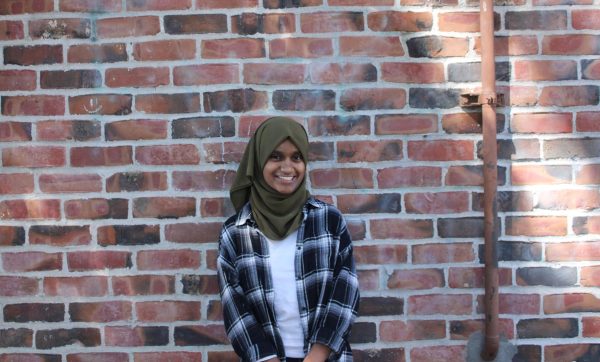One minute you are at each other’s throats and the next you are cracking jokes: it is the constantly changing dynamic of sibling relationships. Around 80% of people in the U.S. are privy to the unique experience of having a sibling.
Sibling relationships around the world tell us a lot about differences in regional cultures. Studies have shown that contrary to their European counterparts, non-Western cultures typically place a greater emphasis on the sibling relationship. These close relationships are often obligatory, and in some cases take priority over others such as one’s friends or spouse. In some cultures, being the firstborn is usually accompanied by the responsibility of parenting the younger kids alongside managing the well-being of the parents. This concept is mostly absent in Western societies, in which a history of industrialization has discouraged spending time with family members as well as creating an emphasis on individualism.
Age gaps can lead to distinct roles in the sibling dynamic: while siblings closer in age tend to engage in shared interests and activities, those with substantial age differences frequently find themselves in mentorship roles, offering guidance and support to their younger siblings.
Those who do not have siblings may envision a fun, tight bond between two uniquely connected individuals filled with companionship and understanding, but one may find themselves asking, “What do siblings really do together?”
In early childhood, sibling bonding entails playing games, making crafts and generally engaging in joint activities. In elementary school, parents will often involve children close in age in the same extracurriculars and sports, resulting in practically identical schedules. This can foster friendship, but can also create tension as siblings struggle to find their own identity.
For older kids, this could entail sharing hobbies or commiserating over shared responsibilities or struggles. During this period of life — when kids are searching for their role in their community and putting more energy into academics — they may connect with their sibling on a semi-occasional time frame. This is largely dependent on the age gap and the strength of their bond.
That being said, living with the same people day in and day out can lead to occasional friction — rivalry is inevitable in every sibling relationship. Siblings, particularly those close in age, frequently find themselves vying for their parents’ attention. Older siblings might feel the need to excel in shared activities, while younger siblings may strive to catch up. This dynamic often manifests in school, with one sibling sometimes feeling overshadowed by the other due to better grades or ease with certain subjects. While comparison can become unhealthy if constant, it can also provide a source of motivation for siblings to try their best.
Another common source of conflict might arise in the distribution of responsibilities between siblings. In some households, the older ones sometimes undertake a larger portion of the chores, until the younger ones are grown enough to take on their own load. In other cases, the eldest sibling may experience certain privileges due to their being the firstborn child, which exempts them from some or all chores out of their role as an elder to their siblings.
Ultimately, sibling relationships are something to be cherished and celebrated.


